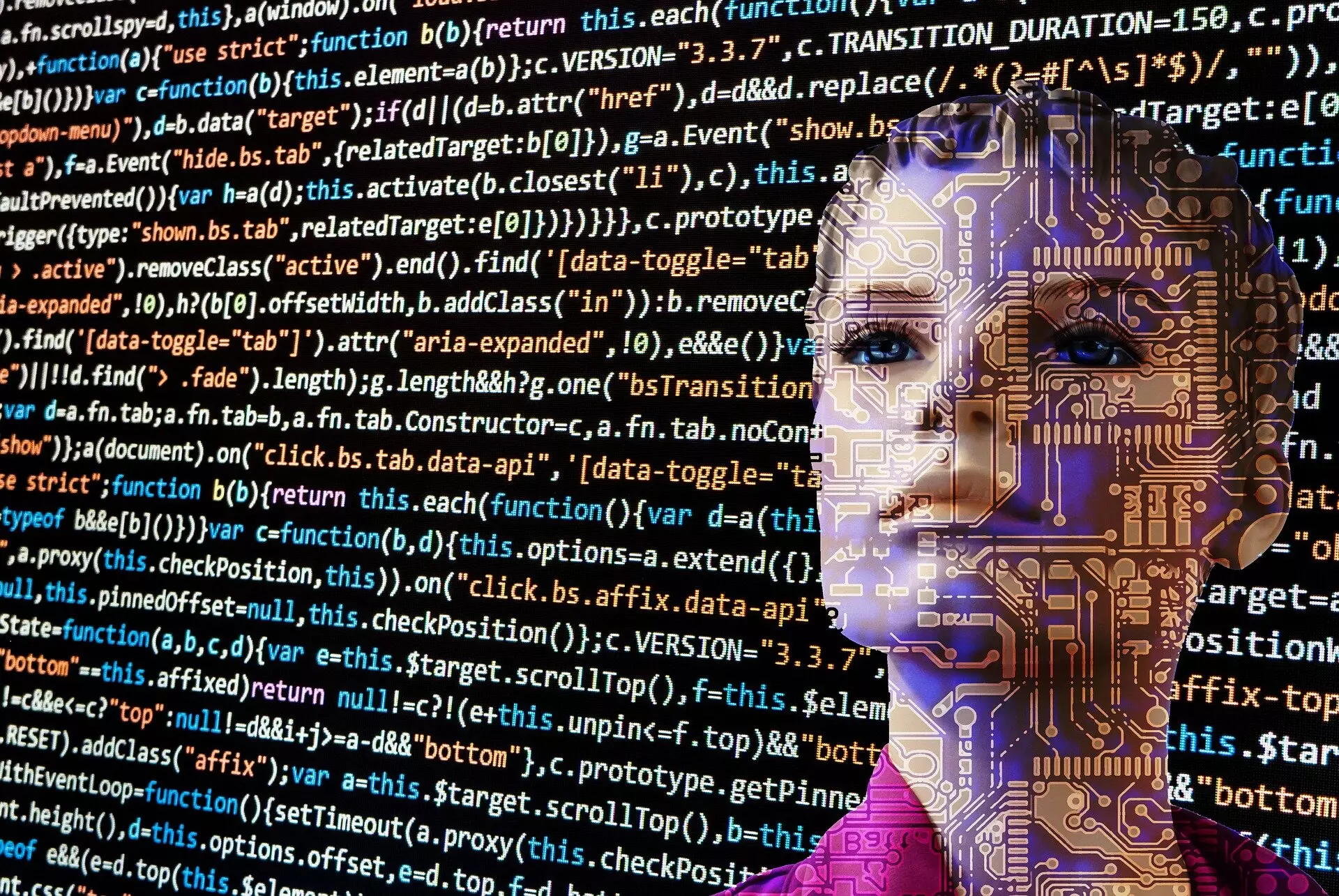Generative AI has the potential to revolutionize the workforce dynamics by enhancing rather than replacing human capabilities. Unlike traditional AI, which often leads to job displacement, generative AI can significantly boost productivity and job satisfaction, especially for less-skilled workers. However, the uneven access to AI technologies could exacerbate existing inequalities as those lacking digital infrastructure or skills may get left behind. This disparity could widen the gap between the educated and less-educated workforce.
Generative AI has the power to transform the education sector by providing personalized instruction and support through chatbot tutors. This technology can enable dynamic, skill-adaptive teaching methods that cater directly to student needs. However, it is essential to carefully implement AI in education to prevent the perpetuation of biases. For instance, studies have shown that there is a gender disparity in the usage of AI tools among students, which could have a long-term impact on academic achievement and future workforce participation.
In the field of medicine, generative AI can augment human capacities by assisting practitioners during diagnosis, prognosis, and triaging. While AI has the potential to reduce workloads and make medical care more accessible and affordable, there is a risk of AI-driven incorrect diagnoses that could compromise patient outcomes. It is crucial to strike a balance in integrating AI into healthcare to supplement rather than replace human judgment.
Generative AI has the potential to either exacerbate or reduce the spread of misinformation. While it promises personalized online content and enhanced user experiences, it could also be exploited for surveillance capitalism. AI’s ability to collect massive amounts of personal data may lead to its misuse for corporate gains, including the dissemination of fake content. Policymakers need to address these issues by implementing regulatory frameworks that prioritize social equity, consumer protection, and measures against AI-generated misinformation.
As we stand at a crucial historical crossroads, the decisions made regarding the deployment of generative AI will have profound implications for future generations. It is imperative for all stakeholders to collaboratively work towards harnessing the positive potential of AI while mitigating its negative consequences. This requires a balance between AI innovation and social equity, empowering workers, controlling consumer information, and implementing robust measures against AI-driven misinformation. Each individual has a role to play in shaping the future towards responsible AI implementation.


Leave a Reply